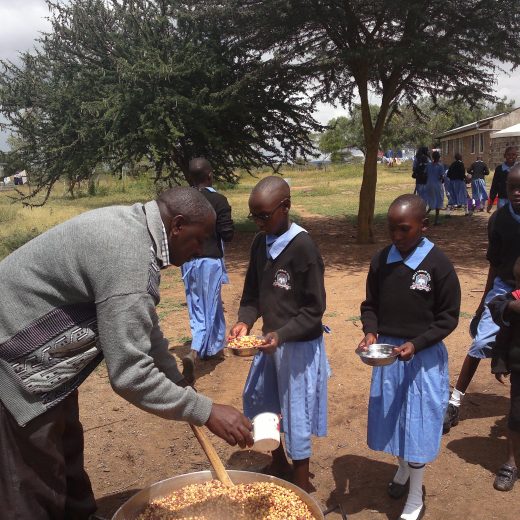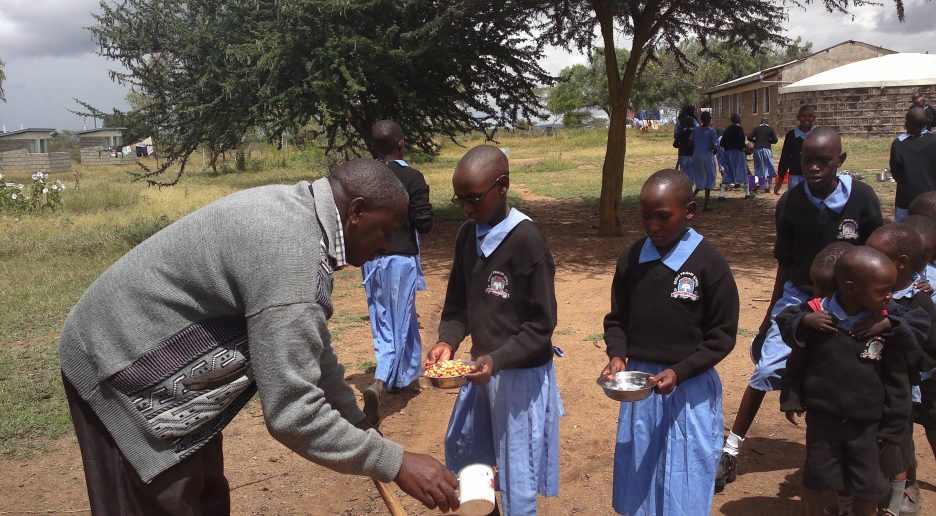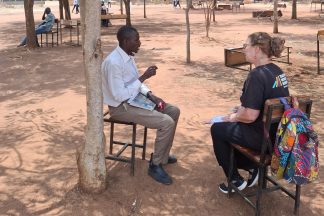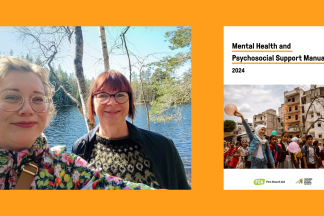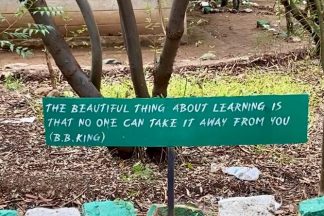Suomalaiset opettajat kehittävät koulutusta World Teacher -ohjelmassa Keniassa yhdessä hollantilaisten ja kenialaisten opettajien kanssa. Opettajat ilman rajoja -verkosto toimii ohjelmassa yhteistyössä Edukans -järjestön kanssa. Blogi kuuluu matkan blogisarjaan.
Finally we said good bye to Kenya. It would have been nice to learn more about the situation of the Maasai people. Many questions are still in my mind. Somehow I feel like a jetsetter. On our trip back to Nairobi Airport I am more or less absorbed by my thoughts. I think of some special contacts I got during the Teachers World Programme in Kajiado. We had interesting and personal conversation; we were joking and laughing, singing and dancing together. I realize that certain teachers and other people involved in the programme found their way to my heart. I will miss them. During our wonderful goodbye day I was asked by one of my Kenyan colleague: “Susanne, was that it?” I have no answer. All I know is that two Dutch teachers will be staying three more months and that there are wonderful teachers in Kajaido who are able to achieve a lot together.
I think of the time yesterday evening I could share with Nguvu (“strength”), a 19 year old young lady from our base camp in Kajiado. She works at the moment in order to save money to finish her last year of school and support the education of her siblings, too. During the time Nguvu was in school she would wake up 4 a.m., wash herself, drink tea and walk two hours with her six other siblings to school. I hear that other Maasai children even have to walk tree hours 2x per day.
Also four year old nursery kids have to wake up that early and walk in the darkness and coldness the long distance to school. Due to the wild animals in the bushes all the siblings have to go together to school though the school for the younger kids would start later. At 1 p.m. the pupils are lucky to get their first meal of the day: boiled corn with beans without fat or salt. How can they learn during the morning with an empty stomach? One of the two schools I visited is without a food programme at all. How is it to learn all day, when you eat the first meal after getting home?
Nguvu and her siblings would be back home by 5.30 p.m. The older kids have to milk the cows, wash their clothes, sweep the house and cook dinner. I have heard from other children with similar daily routines that they have to study from 8-9 p.m. Nguvu says that it is not possible in her home, because they only have a small paraffin lamp and no table in their manyatta (trad. Maasai home).
Before Nguvu goes to bed she asks me, if I have something to support her. This morning an idea came to my mind. I ask Nguvu, if she would like to sell her self-made bead necklaces, what she wore yesterday. A big smile goes over her face. Those beadworks will always remind me of Maasai children freezing when going to school and not knowing if wild animals will be threatening them on their way and of Nguvu, who is a strong and good role model.
Susanne Lehikoinen-Weiss

